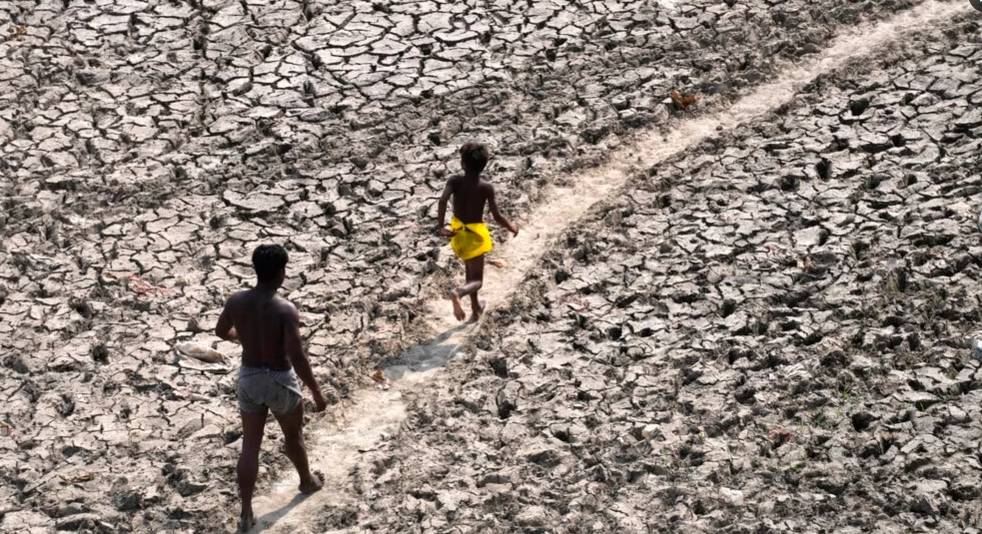KATHMANDU: With the climate crisis escalating and severe incidents on the rise, research efforts are intensifying to explore avenues for global adoption of more effective climate actions to minimize the frequency and scale of emergencies.
Recent studies have underscored the importance of collective initiatives that blend indigenous knowledge with modern technology to make climate actions more participatory and outcome-driven.
A recent report titled ‘Untapped: Collective Intelligence for Climate Action’, jointly published by UNDP Accelerator Labs and Nesta, examines cases from the Global South demonstrating the application of ‘collective intelligence’ to address gaps in climate adaptation and mitigation.
The concept of ‘collective intelligence’ is portrayed as a synergistic approach wherein data, people, and technology collaborate.
Essentially, it refers to the enhanced capacity generated when people work together, often aided by technology, to leverage a wider array of information, ideas, and insights, resulting in outcomes greater than the sum of their parts.
The report emphasizes the integration of human experiences, traditional practices, and knowledge exchange in dealing with climate adversities, further optimized through modern technology, including artificial intelligence (AI).
It highlights the role of citizen scientists in this process.
AI is increasingly employed to analyze large volumes of data and transform content and knowledge generation.
For instance, the ‘Bioleft’ platform in South America facilitates farmers in accessing information about climate-resilient crops through an open-source repository of local seed varieties and collaborative seed breeding.
In India, a scheme addressing Water-Associated Infectious Diseases employs a smartphone app for disease surveillance, mapping vulnerability at the community level, including occurrences of cholera and other waterborne diseases, through crowd-sourced data.
In Latin America, ‘DengueChat’ utilizes citizen science to control disease outbreaks at a hyper-local level.
Furthermore, initiatives like ‘CyberTracker Kalahari’ in Southern Africa integrate indigenous knowledge and practices to monitor biodiversity.
The report also briefly references Nepal’s use of technology in land management data.
Government representatives have committed to exploring the use of the LANDex tool for official data collection, providing overlooked groups in local land management disputes with evidence-based support for decision-making.
Authored by Aleks Berditchevskaia, Alex Albert, Kathy Peach, Gina Lucarelli, and Alberto Cottica, the report underscores the potential of ‘collective intelligence’ in revolutionizing climate action by harnessing the collective wisdom of communities and integrating it with cutting-edge technology.









Comment